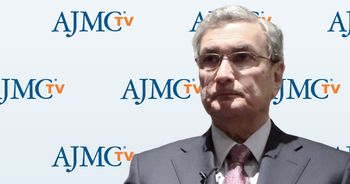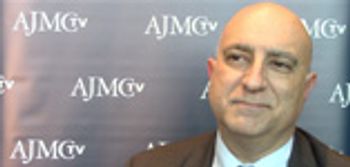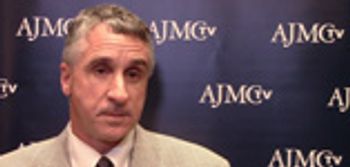
Physician belief in the art of medicine is running up against the challenge of costs being shifted to patients and health systems and the desire of payers to have less variation in care, said Derek Raghavan, MD, PhD, FACP, FRACP, president, Carolinas HealthCare System's Levine Cancer Institute.











